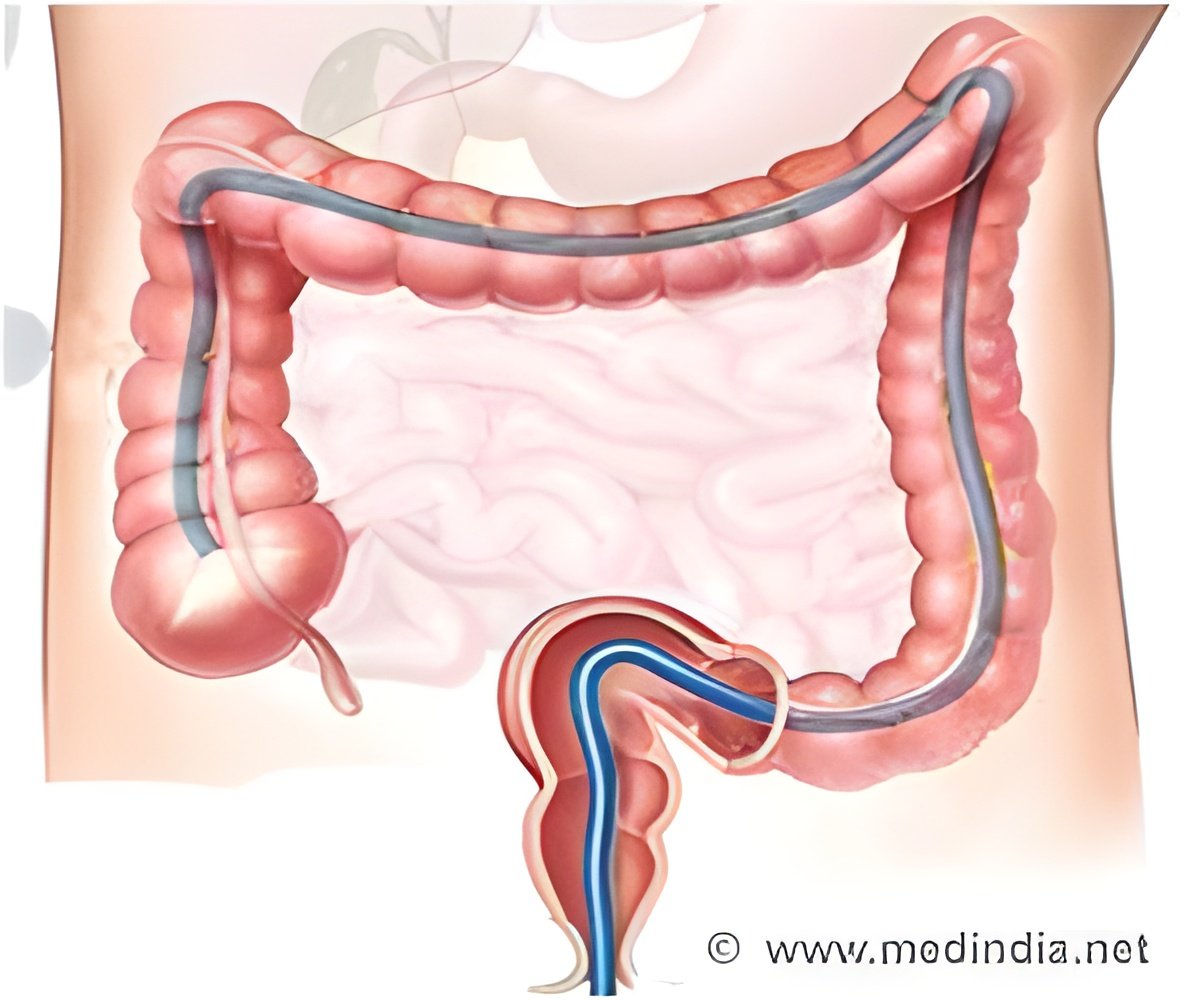
Pibiri and colleagues evaluated 39 single nucleotide polymorphisms (SNPs), DNA sequence variations, in vitamin D-related genes in 1,799 African-Americans - 961 patients with colorectal cancer and 838 controls - who participated in the North Carolina Colorectal Cancer Study and the Chicago Colorectal Cancer Consortium.
They found several SNPs in genes involved in the generation and destruction of vitamin D that were associated with colorectal cancer.
One variation in the gene that tells a cell to make the protein that destroys vitamin D was linked to protection from developing colorectal cancer on the left side of the body. According to Pibiri, this variation is specific to African-Americans and the finding may explain why African-Americans have a lower proportion of left-sided colorectal cancer compared with right-sided colorectal cancer.
"It seems likely that these differences in the DNA sequence alter the function of the vitamin D-related genes," said Pibiri. "For example, we hypothesize that the genetic variation linked to protection decreases levels of the vitamin D-destroying protein. Now all we need to do is show that."
The National Institutes of Health, the American Institute for Cancer Research and the American Cancer Society Illinois Division provided funding for this research.
Advertisement













